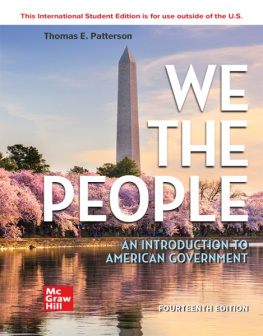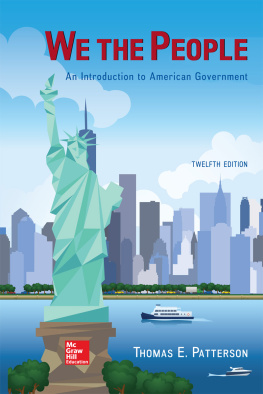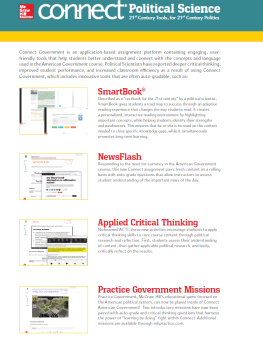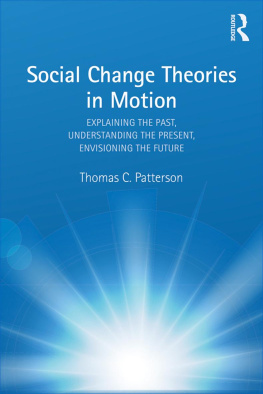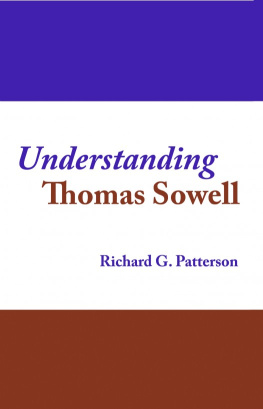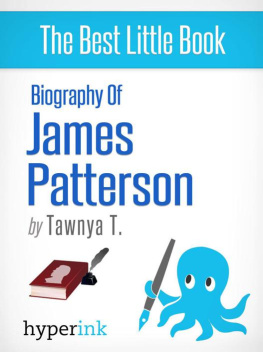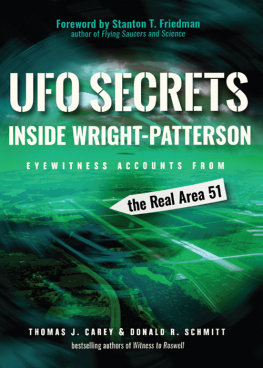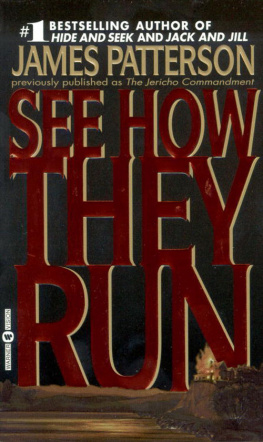Thomas E. Patterson - ISE We the People
Here you can read online Thomas E. Patterson - ISE We the People full text of the book (entire story) in english for free. Download pdf and epub, get meaning, cover and reviews about this ebook. year: 2021, genre: Politics. Description of the work, (preface) as well as reviews are available. Best literature library LitArk.com created for fans of good reading and offers a wide selection of genres:
Romance novel
Science fiction
Adventure
Detective
Science
History
Home and family
Prose
Art
Politics
Computer
Non-fiction
Religion
Business
Children
Humor
Choose a favorite category and find really read worthwhile books. Enjoy immersion in the world of imagination, feel the emotions of the characters or learn something new for yourself, make an fascinating discovery.
- Book:ISE We the People
- Author:
- Genre:
- Year:2021
- Rating:5 / 5
- Favourites:Add to favourites
- Your mark:
- 100
- 1
- 2
- 3
- 4
- 5
ISE We the People: summary, description and annotation
We offer to read an annotation, description, summary or preface (depends on what the author of the book "ISE We the People" wrote himself). If you haven't found the necessary information about the book — write in the comments, we will try to find it.
ISE We the People — read online for free the complete book (whole text) full work
Below is the text of the book, divided by pages. System saving the place of the last page read, allows you to conveniently read the book "ISE We the People" online for free, without having to search again every time where you left off. Put a bookmark, and you can go to the page where you finished reading at any time.
Font size:
Interval:
Bookmark:

Page i
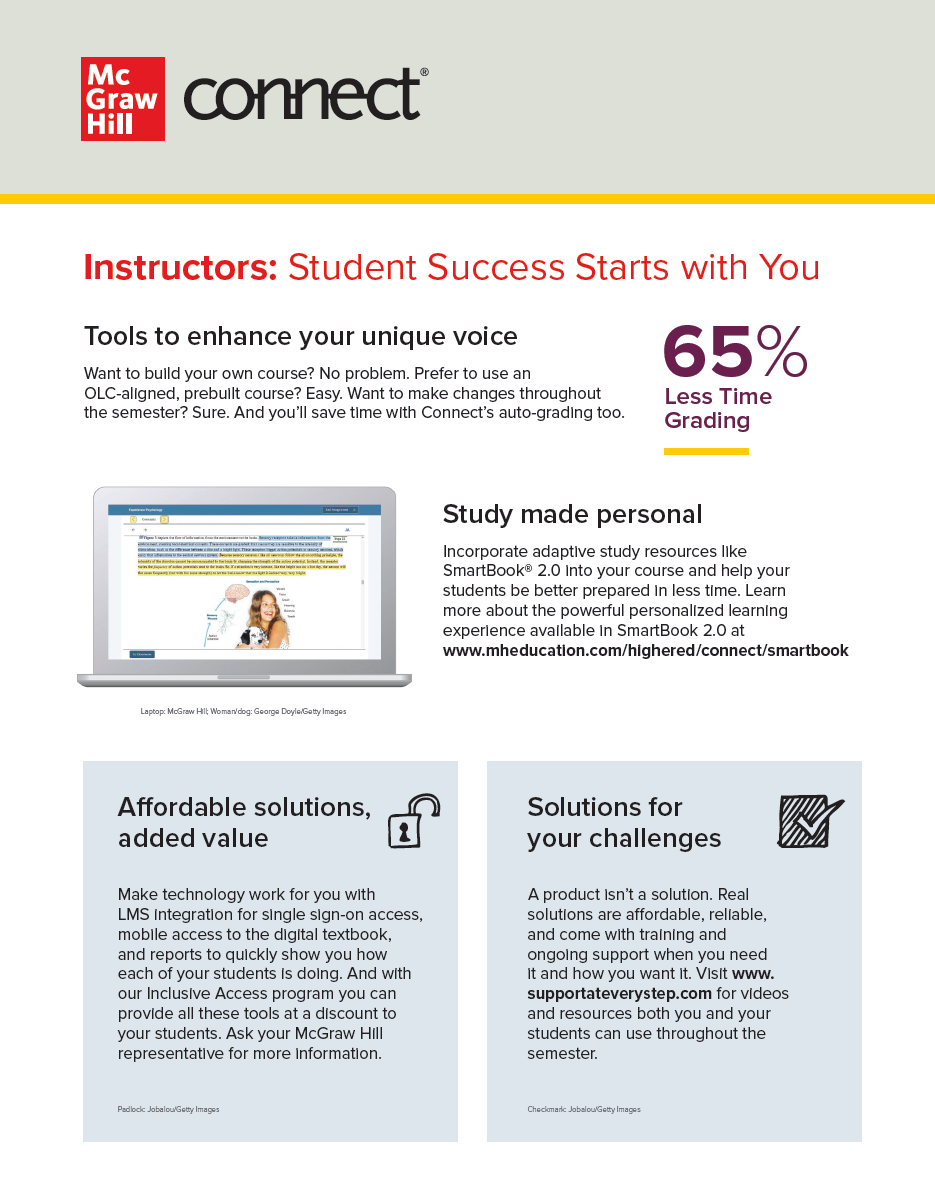
Page ii
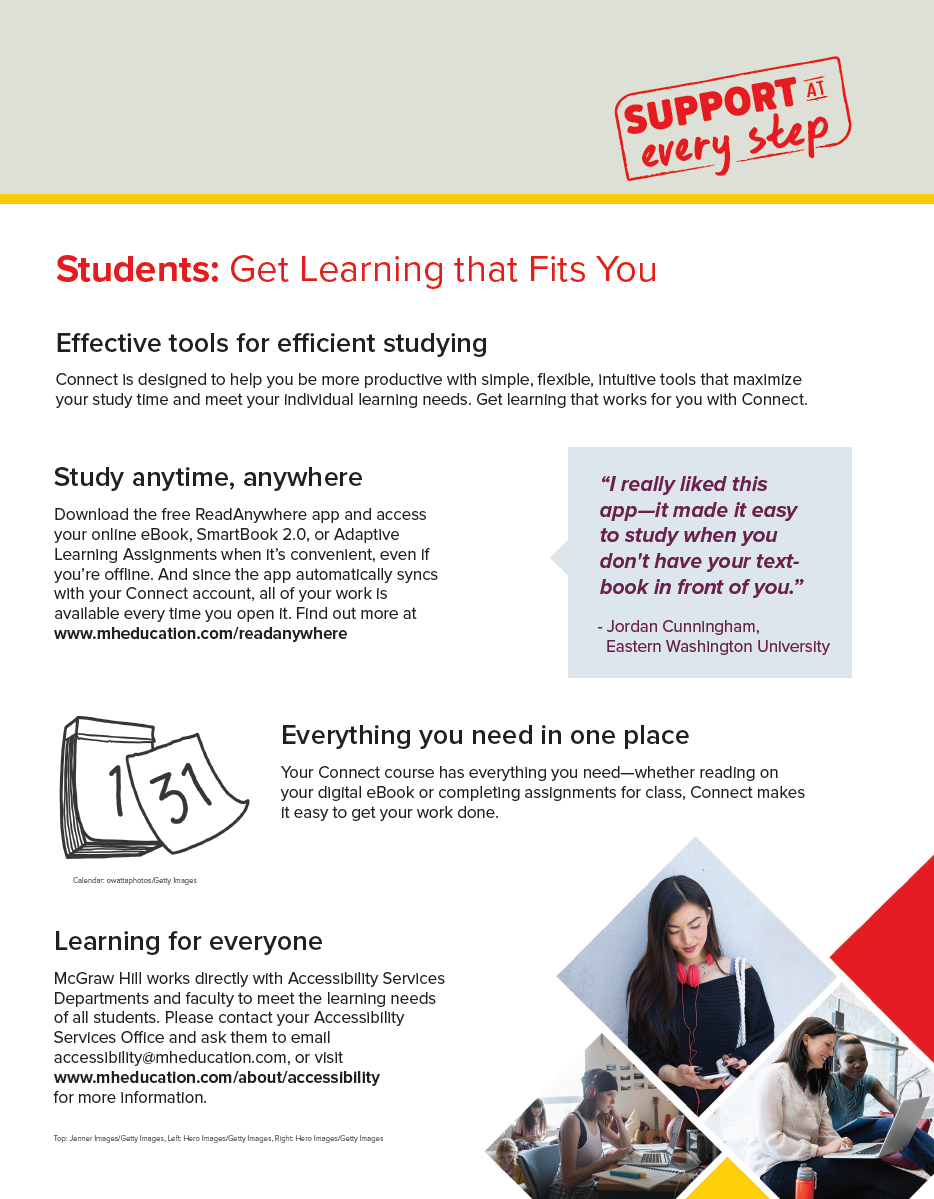
Page iii
AN INTRODUCTION TO AMERICAN GOVERNMENT
FOURTEENTH Edition
Thomas E. Patterson
Bradlee Professor of Government and the Press
John F. Kennedy School of Government
Harvard University

Page iv

WE THE PEOPLE: AN INTRODUCTION TO AMERICAN GOVERNMENT
Published by McGraw Hill Education, 2 Penn Plaza, New York, NY 10121. Copyright 2022 by McGraw Hill Education. All rights reserved. Printed in the United States of America. No part
of this publication may be reproduced or distributed in any form or by any means, or stored in
a database or retrieval system, without the prior written consent of McGraw Hill Education, including, but not limited to, in any network or other electronic storage or transmission, or
broadcast for distance learning.
Some ancillaries, including electronic and print components, may not be available to customers outside the United States.
This book is printed on acid-free paper.
1 2 3 4 5 6 7 8 9 LCR 26 25 24 23 22 21
ISBN 978-1-260-59804-9
MHID 1-260-59804-7
Cover Image: Sean Pavone/Shutterstock
All credits appearing on page or at the end of the book are considered to be an extension of the copyright page.
The Internet addresses listed in the text were accurate at the time of publication. The inclusion of a website does not indicate an endorsement by the authors or McGraw Hill Education, and McGraw Hill Education does not guarantee the accuracy of the information presented at these sites.
mheducation.com/highered
Page v
To My Son and Daughter,
Alex and Leigh
Page vi
About the Author

Courtesy of Thomas Patterson
Thomas E. Patterson is Bradlee Professor of Government and the Press in the John F. Kennedy School of Government at Harvard University. He was previously Distinguished Professor of Political Science in the Maxwell School of Citizenship at Syracuse University. Raised in a small Minnesota town near the Iowa and South Dakota borders, he attended South Dakota State University as an undergraduate and served in the U.S. Army Special Forces in Vietnam before enrolling at the University of Minnesota, where he received his PhD in 1971.
Since then, he has regularly taught introductory American government. In 2013, he was chosen as teacher of the year and adviser of the year by Harvard Universitys Kennedy School of Government students, the first time a member of its faculty has received both awards in the same year.
He has authored numerous books and articles, which focus mainly on elections, the media, political parties, and citizenship. His recent book, How AmericaLost Its Mind (2019), charts the causes and consequences of the rapid rise in misinformation. Another book, Informing the News (2013), examines the need for news that is more trustworthy and relevant. An earlier book, The Vanishing Voter (2002), describes and explains the long-term decline in voter participation. His book Out of Order (1994) received national attention when President Clinton urged every politician and journalist to read it. In 2002, Out of Order received the American Political Science Associations Graber Award for the best book of the past decade in political communication. Another of Pattersons books, The Mass Media Election (1980), received a Choice award as Outstanding Academic Title, 19801981. Pattersons first book, The Unseeing Eye (1976), was selected by the American Association for Public Opinion Research as one of the 50 most influential books of the past half century in the field of public opinion. His current project is a pair of books, one on the problems facing the Republican Party, the other on the problems facing the Democratic Party.
His research has been funded by major grants from the National Science Foundation, the Markle Foundation, the Smith-Richardson Foundation, the Ford Foundation, the Knight Foundation, The Carnegie Corporation, and the Pew Charitable Trusts.
Page vii
Contents
Critical Thinking and Political Culture:
Becoming a Responsible Citizen
Page viii
Page ix
Page x
Page xi
Page xii
Page xiii
Page xiv
Page xv
Page xvi
Page xvii
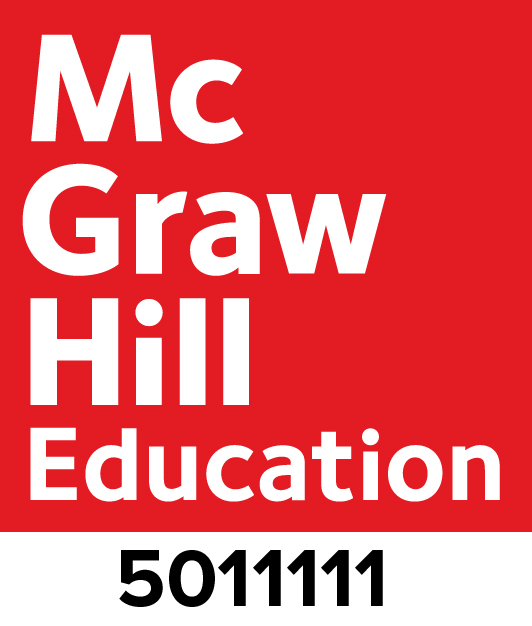
Page xviii
A Letter from the Author
Anyone who writes an introductory program on American government faces the challenge of explaining a wide range of subjects. One way is to pile fact upon fact and list upon list. Its a common approach to textbook writing, but it turns politics into a pretty dry subject. Politics doesnt have to be dry, and it certainly doesnt have to be dull. Politics has all the elements of drama plus the added feature of affecting the everyday lives of real people.
My goal has been to make this text the most readable one available. Rather than piling fact upon fact, the program relies on narrative. A narrative program weaves together theory, information, and examples in order to bring out key facts and ideas. The response to this approach has been gratifying. As a previous edition was being prepared, I received the following note from a longtime instructor:
I read this book in about three days, cover to cover.... I have never seen a better basic government/politics textbook. I think reading standard textbooks is boring (to use a favorite student word), but this one overcomes that. Dr. Patterson has managed to do something that I heretofore thought could not be done.
While writing, I regularly reminded myself that the readers are citizens as well as students. For this reason, the text encourages critical thinking, by which I mean the process through which an individual determines what can reasonably be believed and then applies reason and information to reach a thoughtful conclusion. Each chapter has five boxes that ask you to think critically. Two of thesethe How the U.S. Differs box and the How the 50 States Differ boxask you to think critically about differences in governing systems. A third boxParty Polarizationasks you to critically analyze differences in the Republican and Democratic Parties. A fourth boxCase Studydiscusses a political event and then asks you to analyze the outcome. The final boxFake or Fact?asks you to critically assess a factual claim. These various boxes are based on the idea that critical thinking is a skill that can be nurtured and, once acquired, can make you a more responsible citizen, whether in casting a vote, forming an opinion about a public policy, or contributing to a political cause.
Improving your ability to think critically is a primary goal of this text. If the only result of reading the text was to increase your factual knowledge of Page xix American government, I would judge it a failure. As Albert Einstein once noted, The value of a college education is not the learning of many facts but the training of the mind to think. Political science courses, like those in other social science and humanities disciplines, should help students hone their critical thinking skills. As I indicated, the five boxes in each chapter are designed for this purpose. So, too, is the Critical Thinking Zone at the end of each chapter. This feature asks you to make use of the chapters information through the application of the three skillsconceptualizing, synthesizing, and analyzingthat are the foundation of critical thinking.
Next pageFont size:
Interval:
Bookmark:
Similar books «ISE We the People»
Look at similar books to ISE We the People. We have selected literature similar in name and meaning in the hope of providing readers with more options to find new, interesting, not yet read works.
Discussion, reviews of the book ISE We the People and just readers' own opinions. Leave your comments, write what you think about the work, its meaning or the main characters. Specify what exactly you liked and what you didn't like, and why you think so.

